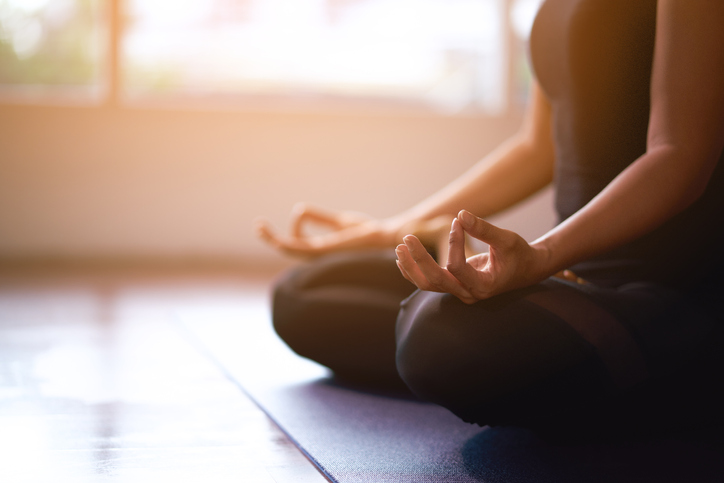
A professional wellness counsellor is concerned with taking a holistic approach to clients to improve physical, mental, spiritual, and emotional aspects of their lives. Self-care is an important part of that process.
Self-care is the process of being aware of the self—understanding one’s needs, and taking responsibility for meeting those needs at whatever level they are presented (Godfrey, 2010). In other words, self-care includes anything that you do to maintain your mental, physical, or spiritual health (Glowiak, 2020). Individuals may practice self-care for any number of reasons: to improve productivity, overcome challenges, or as part of a habitual routine. Whatever the reason, self-care will lead toward a better balance among the aspects of wellness, and promote the health of the mind and body (Glowiak, 2020). For professional wellness counsellors, understanding how to motivate self-care in clients is a valuable tool for facilitating wellness in all areas of life.
The Importance of Self-Care
Self-care offers numerous benefits to our overall health. When it comes to our perception of the self, practicing self-care can have significant effects on our self-esteem (Carman, 2021). When we take the time to care for ourselves and our needs, we affirm our self-worth; we teach ourselves that we deserve it (Carman, 2021).
Self-care also facilitates self-improvement (Carman, 2021). The increasing demands of work-life often leave little time for ourselves. By allocating time for self-care, individuals can relieve the pressures of everyday life to achieve a healthy point where productivity is optimized (Glowiak, 2020). Self-improvement allows us to discover new goals and dedicate our energy to caring for friends and loved ones (Carman, 2021). Wellness coach training builds on this notion with the goal to nurture relationships, discover creativity, and attain vibrant health.

Obstacles to Self-Care
Modern society brings long working hours as well as a host of other professional and financial pressures. A lack of energy or time are two of the most common reasons why individuals don’t practice self-care (Carman, 2021). Additionally, studies reveal that individuals may abandon self-care when overwhelmed by a lack of support of symptoms of disability (Godfrey, 2010).
Within the framework of work schedules and other daily commitments, it’s important for individuals to take the time for self-care. For maximum impact, self-care requires intentional and deliberate prioritization (Nolen, 2020). Dedicating 5-minute increments throughout the day is a good way to engage in self-care on a regular basis to significantly enhance your overall health and wellbeing (Glowiak, 2020).

How to Promote Self-Care After Wellness Coach Training
It is valuable for professionals with a wellness coach certification to understand the struggle that individuals face when engaging in self-care. Professionals need to be aware of the importance of their support when it comes to motivating individuals to adopt self-care habits.
When building a self-care plan, research refers to the different dimensions of wellness, including emotional, environmental, financial, intellectual, physical, and social domains (Glowiak, 2020). Reading, walking, organizing, socializing, and meditating are all examples of self-care activities that benefit the many domains of wellness (Glowiak, 2020). Maintaining a healthy balance in the different dimensions generally indicates higher levels of wellness (Glowiak, 2020). As a wellness coach, assimilating these principles and habits into your own life can assist you immensely when offering counselling to others.
Are you interested in training to become a wellness coach?
Contact Rhodes Wellness College today!
Works Cited:
Carman, N (2021). Why Self-Care is Vital to Our Mental Health. Retrieved from https://www.psychreg.org/self-care-vital-mental-health/
Godfrey, C. M. (2010). The Experience of Self-Care: a Systematic Review. Retrieved from https://pubmed.ncbi.nlm.nih.gov/27819888/
Nolen, S. R. (2020). The Importance of Self-Care During a Pandemic. Retrieved from https://www.avma.org/javma-news/2020-06-01/importance-self-care-during-pandemic
Glowiak, M (2020). What is Self-Care and Why is it Important For You. Retrieved from https://www.snhu.edu/about-us/newsroom/2019/04/what-is-self-care








